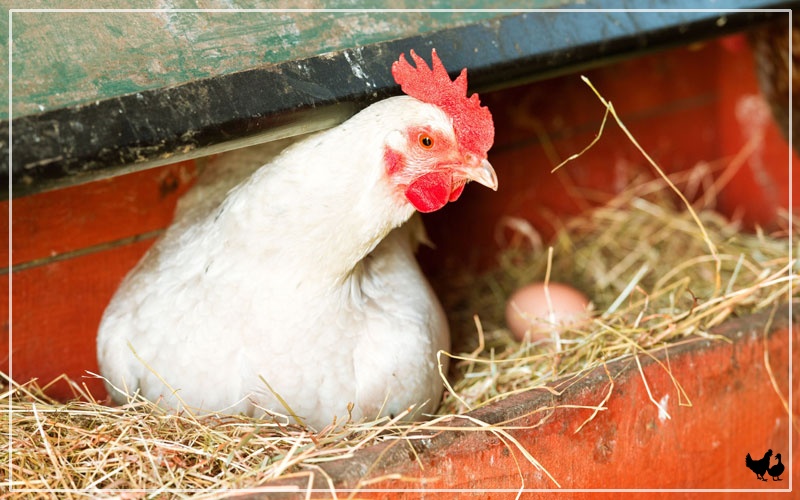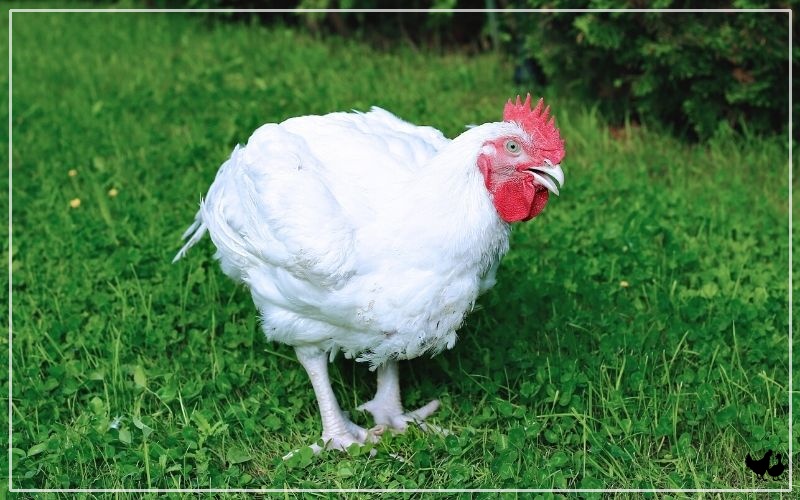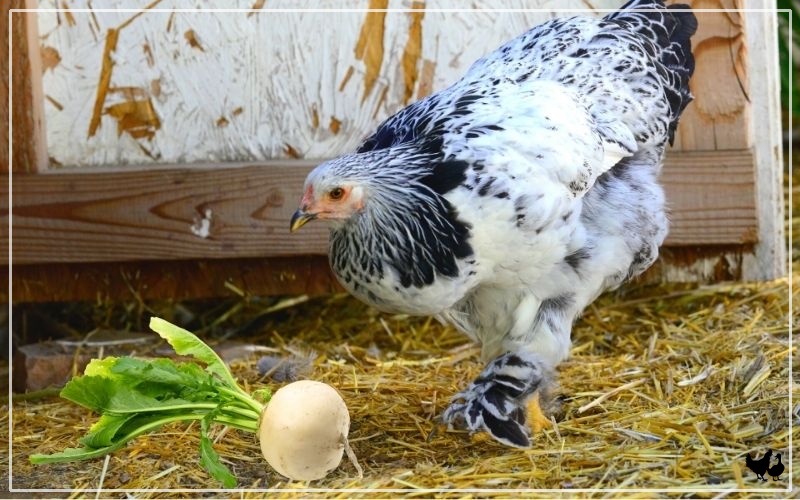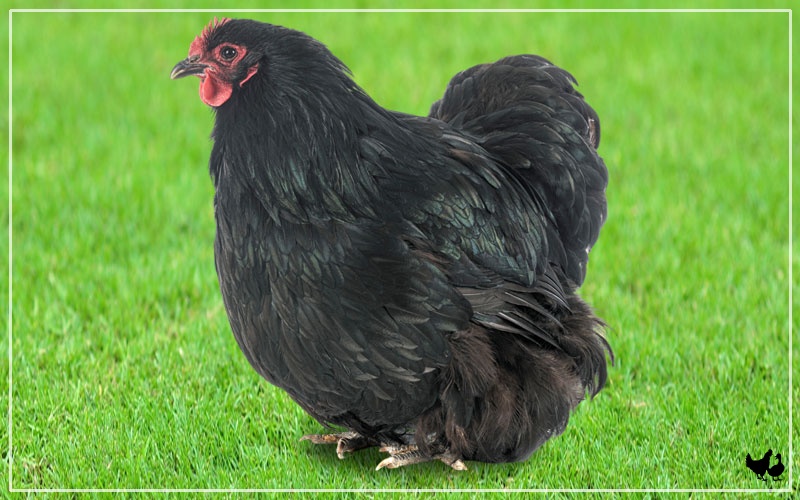Do Chickens Need Light to Lay Eggs?
Did you know that light plays a great role in egg production in egg-laying chicken? It’s also why spring and summer are the peak egg-laying seasons for hens kept on free-range.

Rearing hens for egg production is a rewarding yet challenging experience for many. You have to avail appropriate conditions like lighting, water, and nutrition to boost the reproductive cycle of your flock. Too little or too much light may interfere with egg production and cost you thousands in losses.
If your hens are not producing eggs as they should, chances are that their surroundings have poor lighting. Egg-laying chickens have a reproductive cycle triggered by their exposure to light. In this guide, you’ll learn everything about the relationship between light and egg production in hens.
How Many Hours of Light Do Chickens Need to Lay Eggs?
Numerous studies show that egg-laying chickens need 14 to 16 hours of light daily for maximum egg production. You may have to introduce extra hours of light in seasons like winter, when daylight is usually shorter. Artificial lighting sources will be ideal for this case, provided they are safely installed and monitored in the coop.
If you are rearing chicken in an enclosed environment, use lighting fixtures with automatic timers to control the light in the coop. You should also adjust the temperature of the bulb or thermostats in place to counter any harsh outdoor temperatures.
Monitor the performance of the hens every day when you activate the timer to determine whether the lighting is ideal enough for egg production.
You should restrict excess light for seasons characterized by long daylight hours once the 14-hour mark passes. You can do this by putting your free-range flock in a dark-lit coop after getting the recommended amount of natural light outside.
Effect of Light on Chicken Egg Production
Egg-laying chickens cope poorly with low-light and dim-lit surroundings, thus the need to expose them to 14 hours of light. Their reproductive cycles won’t be triggered enough to facilitate egg production without light. It will also be challenging for them to differentiate between day and night when placed in a dark, enclosed coop.
In the brains of chickens lies a pineal gland that responds well to light and plays a great role in providing reproductive hormones. A hen will secrete serotonin and melatonin hormones through the pineal gland when exposed to daylight. These hormones guide the circadian rhythms of the chicken and improve its chances of laying good-quality eggs.
A hen will only reach reproductive maturity when the daylight length is 12 hours. Upon reproductive maturity, the animal can produce eggs as expected.
Chickens exposed to natural light are likely to lay larger eggs than those exposed to artificial light. Regardless of the amount of light hens are exposed to, their egg production abilities greatly depend on age. Expect a sizable output from a younger flock than an older one.
Do Chickens Need Sunlight to Lay Eggs?
Under suitable conditions, hens lay eggs once every 24 to 26 hours. They may take a small break from laying depending on their life stage and the time the sun rises or sets.
Sunlight greatly affects the number, quality, and consistency of eggs laid by a hen. You, therefore, need to expose your flock to up to 16 hours of sunlight to boost their egg production abilities. Your hen will develop a hormonal response and stop producing eggs as expected if the daylight hours become shorter.
It’s common for some breeds to take a break from laying during winter when you fail to give them supplemental light. Your supplemental light fixtures need to have the same wavelength and brightness as natural light for them to boost egg production.
Uninstall them and find healthier alternatives immediately if your flock responds negatively to the light.
If you’re looking to supplement sunlight with artificial light during winter, use a 3 to 9-watt LED bulb or an incandescent 25-watt bulb. Install any of these lighting fixtures per square feet of the space in the coop.
Can You Keep Lights on 24 Hours a Day?
Adding supplemental light in the coop can help boost egg production if the light is limited to 16 hours. The supplemental light fixtures will ensure that your hens get enough light in seasons with shorter daylight. However, extending the light exposure can have negative effects on your flock.
The common side effects of keeping lights on for extended periods include egg binding and vent prolapse. Your chickens are also likely to develop ovarian cancer. These conditions may be fatal when you fail to treat them early.
Another negative side effect of too much light is fire, especially when a heat lamp is installed. Leaving a heat source unattended near dry hay or sawdust can be hazardous to your coop.
It’s also not wise to leave the lights on for 24 hours straight since the light bulbs may break. A broken light bulb can leave hundreds of sharp remnants that will slice your chicken feet. They may also release toxins and pollute the air in the coop.
Extending light exposure in your coop may interfere with the chicken’s natural rhythms and subject them to stress. A stressed hen is likely to fall ill or have a dramatic change in behavior. For instance, you may notice the henpecking or feeding on the rest of the flock when stressed.
Your chickens will perceive white light left on for 24 hours as sunlight. It will thus be hard for them to fall asleep at night and maintain a healthy reproductive cycle. Install a timer on your supplemental lighting fixtures and check whether it switches off and on at set times.
Conclusion
It’s no secret that hens require a certain amount of daylight or sunlight to lay eggs consistently. Even more, your hens’ egg-laying patterns can change with a slight change in light exposure. It’s therefore important to regulate the amount and hours of light getting into your coop.
For a large-scale poultry farmer, installing artificial lighting may help boost the reproductive cycle of your hens. Pair them with timers and never leave them unattended to keep your flock healthy.



